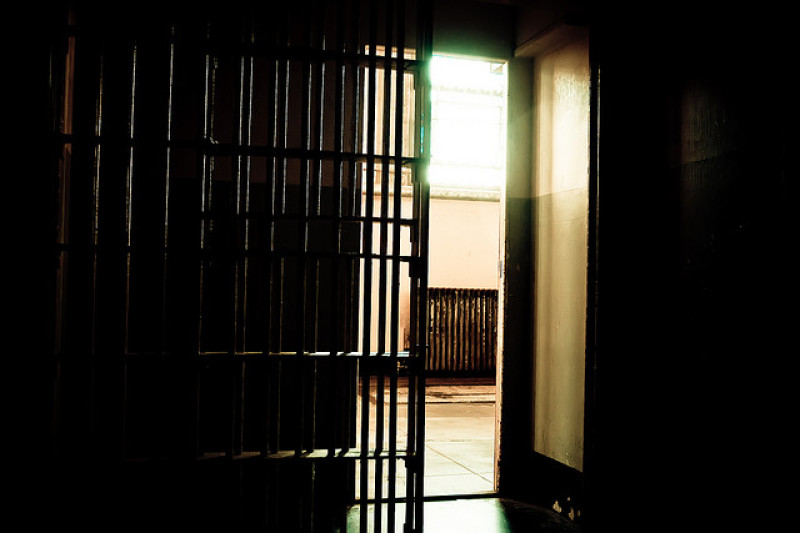

Inmates with mental illnesses have been treated with excessive force by correctional staff that are untrained to handle such cases.
The Human Rights Watch published a report last week detailing the excessive use of force on prisoners with mental illnesses. Jails and prisons across the United States have used unnecessary and excessive force on mentally ill prisoners, says the group.
Roughly 20 percent of inmates are thought to have mental illnesses including schizophrenia, bipolar disorder, and depression. The lack of proper training for jail and prison staff leaves them ill equipped to handle situations with inmates. Further, inmates suffering from severe mental illnesses are seldom treated for their disabilities, but are instead put in isolation because of their abnormal behavior, which exacerbates their conditions.
"Jails and prisons can be dangerous, damaging, and even deadly places for men and women with mental health problems. Force is used against prisoners even when, because of their illness, they cannot understand or comply with staff orders," said Jamie Fellner, a US program senior adviser at Human Rights Watch. Fellner is the author of the report released by the Human Rights Watch, called "Callous and Cruel: Use of Force against Inmates with Mental Disabilities in US Jails and Prisons."
The Human Rights Watch documented different cases of excessive force used on prisoners. Mentally ill inmates were beaten, shocked, and exposed to chemical substances such as pepper spray. Correctional facility staff administered these tactics often times because of a lack of compliance, but the Human Rights Watch argues that these inmates must be treated differently because of their mental conditions.
There were some cases recorded by the rights group that resulted in the deaths of two inmates. One of the inmates in a correctional facility in Florida refused to clean up his waste after he defecated on the floor. After refusing to comply, the inmate was forced into a hot shower with excessive temperatures. He was unable to control the temperature or flow of the water and was left in the shower for over an hour. The inmate died as a result.
"Custody staff are not trained in how to work with prisoners with mental disabilities, how to defuse volatile situations, or how to talk prisoners into complying with orders. All too often, force is what staff members know and what they use. In badly run facilities officers control inmates, including those with mental illness, through punitive violence," said Fellner.
In some states, such as California and Arizona, new laws have been passed to limit the use of force on inmates with mental illnesses. For these states' correctional facilities, pepper spray must be used only in emergencies with inmates that are mentally ill. In the past, an inmate in California was sprayed 40 times and had four pepper spray grenades thrown into his cell after refusing to come out.
The rights group suggested that officials should reduce the number of mentally ill inmates through criminal justice diversion programs and mental health resources. Human Rights Watch also recommended that prisons and jails in the United States should improve mental health services and better train staff to understand and properly respond to mentally ill prisoners.



















